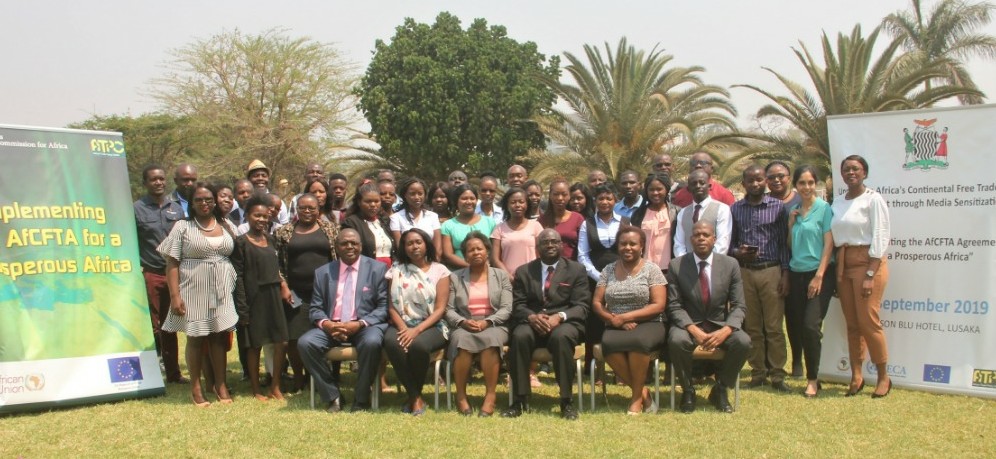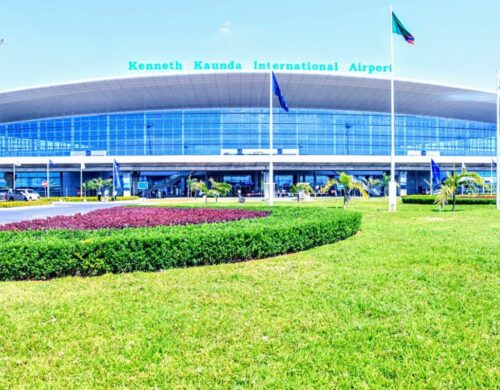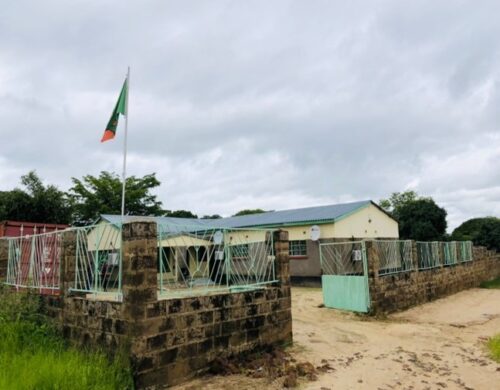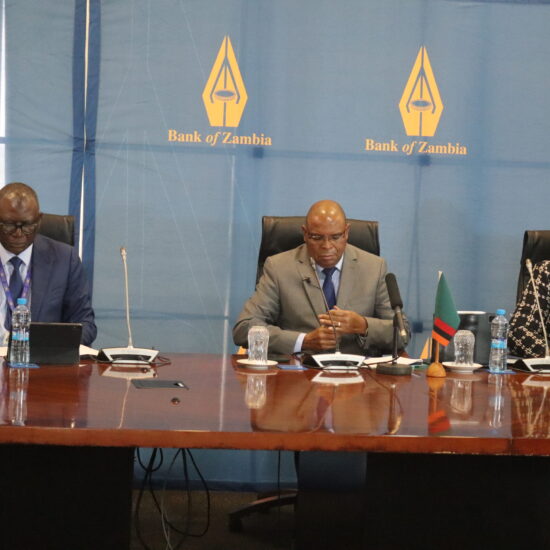
Studies by the United Nations Economic Commission for Africa – UNECA have reviewed that successful implementation of the African Continental Free Trade Area – AfCFTA by African countries will enable Africa’s manufacturing sector double in size, with annual output increasing from $500 billion in 2015 to $1trillion by 2025, and contributing additional 14 million stable well-paid jobs.
On 21st March 2018 in Kigali, Rwanda, over 40 African Countries gathered to launch and sign the AfCFTA agreement and on 30th May 2019, the AfCFTA went into effect after securing the required number of 22 ratifications by member states. Currently, 54 countries have signed the AfCFTA and 27 Countries have ratified, however Zambia is still in the consultation process with various stakeholders before it ratifies the treaty.
And UNECA Director for Southern Africa Said Adejumobi has explained that the rectification of AfCFTA by Zambia will complete government’s efforts towards diversifying the country’s economy, promote manufacturing and will boost Zambia’s agricultural production with increased and expanded market.
Speaking during a media sensitization workshop on the AfCFTA in Lusaka on 24 September 2019, Adejumobi disclosed that the AfCFTA is set to create the biggest free trade area in the World with a market of more than 1.29 billion people and a combined GDP of more than US$2.5 trillion.
He added that the AfCFTA will further seek to promote inclusive and sustainable economic growth, accelerated economic development and integration in Africa hence a win-win situation for the regional and global commitment of Zambia.
“The AfCFTA is the biggest ticket item on the Continent today because it expresses our collective pan-African dream of transforming our economies and the Continent, as envisaged by the founding fathers/mothers of post-colonial Africa. However, it has to be backed up by increased productive capacity, enhanced regional value chains, and removing internal obstacles to the growth of SMEs so that African countries can compete well in the liberalized regional market,” he said.
He has since challenged participating media panels from across the country to development interest in the AfCTA to enable them educate the masses on its important.
Concerns however loom as different African countries are at different stages of economic development, raising risks that some countries may merely become dumping grounds and markets. Others concerns are that non tariff barriers may still continue leading to some more sophisticated economies taking advantage of the more open and embracing countries.








